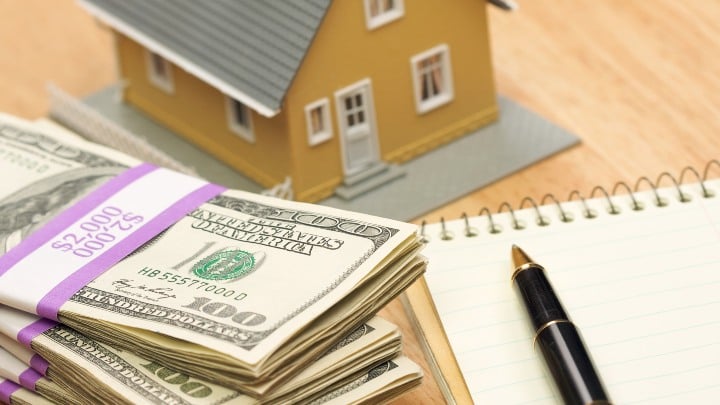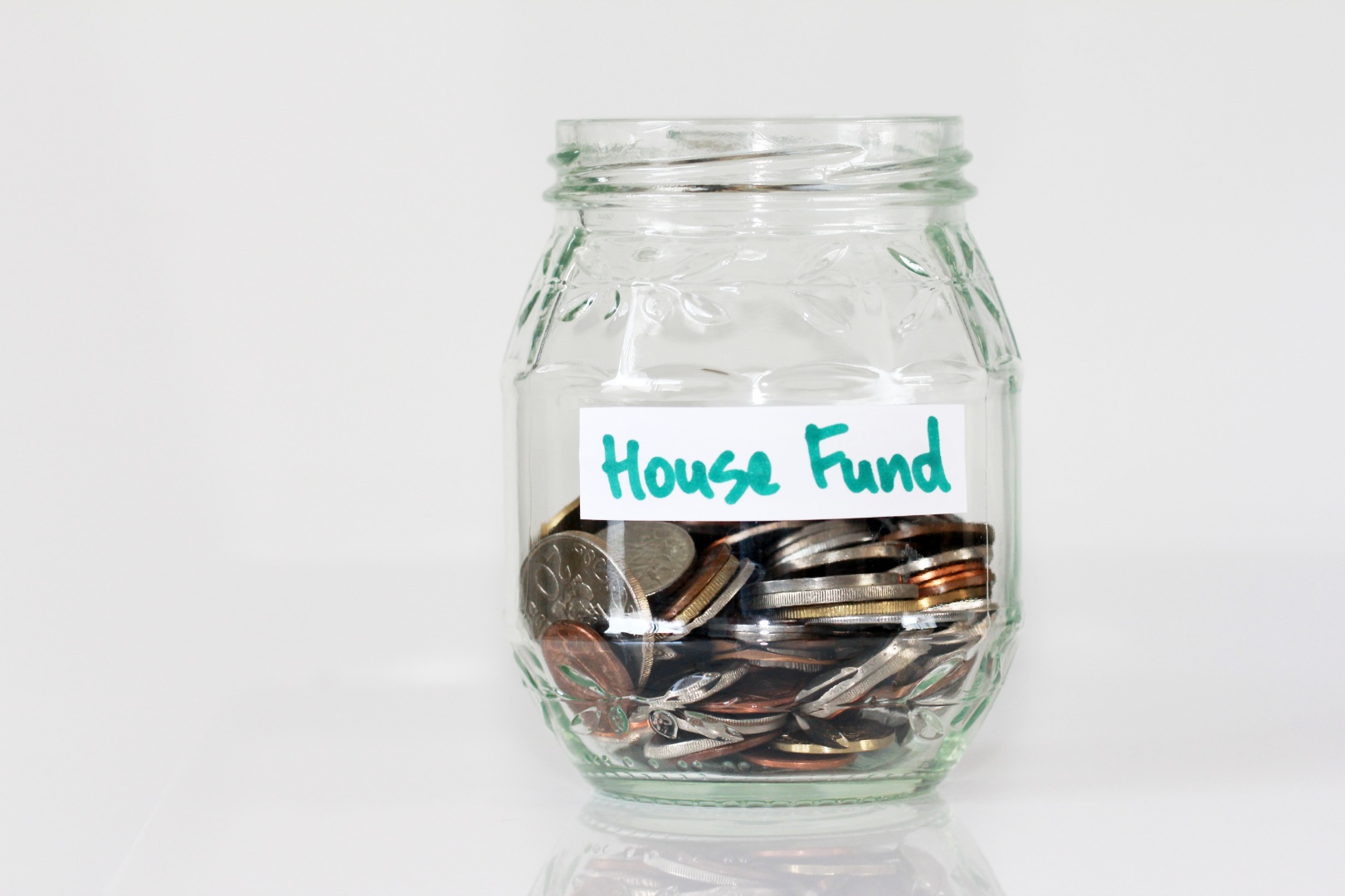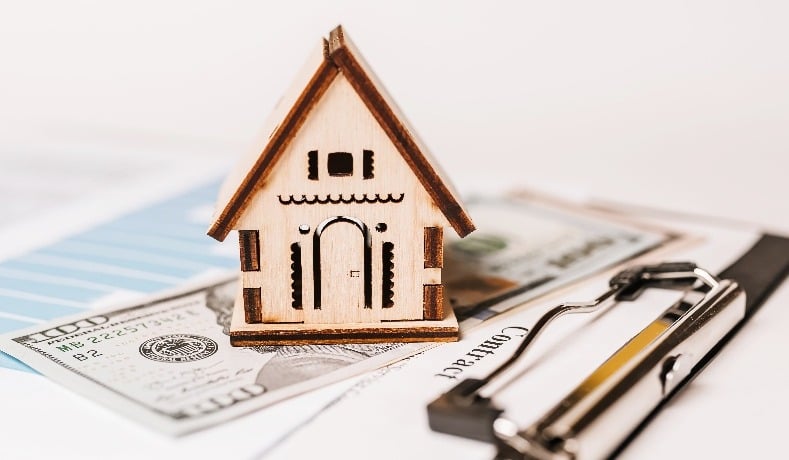Down Payment Assistance in MN: Options for Buying Your First Minnesota Home
Buying a home comes with many different expenses to consider.
3 min read
 Twin Cities Habitat for Humanity
:
10:02 AM on May 19, 2023
Twin Cities Habitat for Humanity
:
10:02 AM on May 19, 2023

A down payment is an amount you pay in cash “up front” when buying a home. A down payment is not part of your mortgage loan. A bigger down payment means you save money on your home and monthly payment since you do not have to pay interest on the down payment.
The size of the down payment depends on the home’s selling price. In the old days, nearly all buyers had a 20% down payment, and that was expected by the lender. It helps show the buyer is “serious” about the home. Of course, it takes time to save up a big down payment, and that’s only if you’re fortunate to be in that savings position.

Today, not all homes require such a big down payment. Some lending programs allow you to have a 15% or even a 10% down payment. Some might not even require a down payment at all. Others enable you to finance the down payment. This means paying more in the long run but paying much less up front.
This exact question was covered during a Women of Habitat Hope Builders Luncheon. During this webinar, panelists were asked a series of questions debunking myths surrounding homeownership. Notably, Kim Smith-Moore, Senior Director of Homeownership Programs at the Minnesota Homeownership Center shared that she has the 20% down conversation “...all the time because people still believe they need 20%.”
She continues with, “That’s so untrue because there are lots of lenders today offering a variety of different programs and down payment options.”
The main message is: you don’t need to let a down payment stop you from following your dream of owning a home. Residents of the Twin Cities have options. Special programs for first-time homebuyers offer lower down payments. There are several programs to choose from.
If you work with one of these helpful programs, you usually still get your mortgage loan from a bank. The difference is that the bank must follow special rules to make buying a home more affordable. These programs are overseen by government agencies to ensure fairness.
Let’s look at a few of them now:
The FHA is in charge of ensuring affordable housing for all Americans. The FHA loan offers some of the lowest down payments. To qualify for a 3.5% down payment, you must have a credit score of at least 580. If your credit score is lower, you can still get a low 10% down payment.
If you or your spouse is a military veteran, you may qualify for a VA home loan. Most VA loans have a funding fee between 0.5% to 3.3% of the home’s value. However, many buyers with this loan have no down payment requirement. There’s no down payment required as long as the selling price matches the home’s value.
USDA mortgage loans have no down payment. To qualify, the home must be in an eligible rural area. The USDA website provides maps to help you know if a property qualifies. There are also income limits you need to abide by. Limits are based on the county and the number of people in your household.
TCHFH Lending, Inc. is a nonprofit mortgage lender affiliated with Twin Cities Habitat for Humanity. It offers the TruePath Mortgage–a mortgage product that can include zero down payment. Down payment assistance is available with the loan. The vision of Twin Cities Habitat is “an equitable Twin Cities region where all families have access to the transformational power of homeownership.”
A down payment reduces your monthly payment, so if you can make a down payment (even a small one), you’ll save yourself money in the end.
Think about the “average” Minneapolis home of $305,000 at a 4.25% interest rate:
You also pay less over time. With a 20% down payment, you could save over $47,000 in interest across 30 years compared to no down payment. Learn more about homeownership through Twin Cities Habitat for Humanity and discover if our program is right for you.
Your gift unlocks bright futures! Donate now to create, preserve, and promote affordable homeownership in the Twin Cities.

Buying a home comes with many different expenses to consider.

To say the housing market is tough is an understatement. Anyone working in real estate can tell you first-hand stories of homes going for tens of...